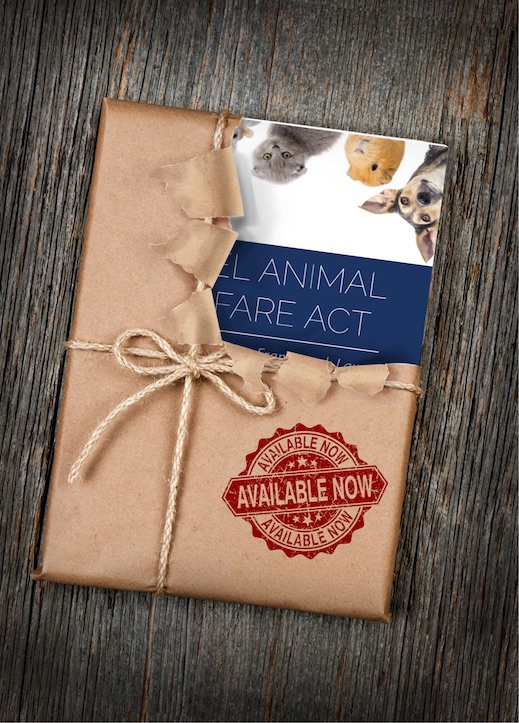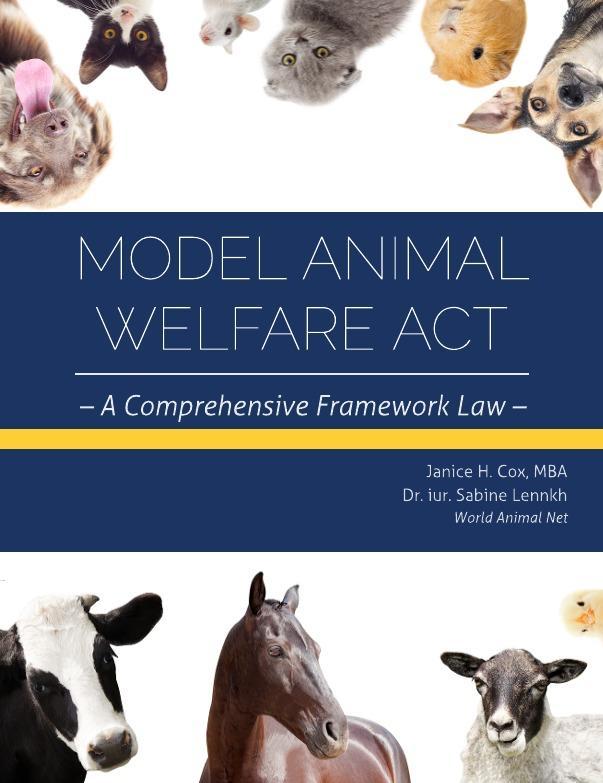
Section 43 Penal and Administrative Fine Provisions
Section 44 Prohibition of Keeping Animals or of Having Contact with Animals and Forfeiture
Section 45 Further Aspects
Section 43 Penal and Administrative Fine Provisions
(1) Liable of a criminal offence and on conviction to imprisonment for a period not exceeding a level 4 offence and to a fine according to a level 4 offence shall be who
- Kills any sentient animal without a sound justification;
- Inflicts on any sentient animal
1) Deliberately, intentionally or out of brutality pain or suffering; or
2) Prolonged or repeated pain or suffering; - Sets any animal on another animal with the intent that a sentient animal experiences pain, suffering or injury;
- Performs an act of bestiality with a sentient animal; or
- Abandons any sentient animal that is unlikely to survive in freedom.
(2) An administrative offence is committed by any person who deliberately or negligently violates against the provisions of Sections 7, 8, 10, 11 or any of the Sections listed under Chapter 3 (Keeping of Animals/Care of Animals) and Chapter 4 (Specific Categories of Animal Use).
- In minor cases the punishment for such an administrative offence will be classified as a level 1 offence.
- In serious cases the punishment for such an administrative offence will be a fine according to a level 2 offence.
- For aggravated infringements as well as repeated offences the fine will be rated as a level 3 offence.
The separate banding list could then read as follows:
Level 1 offence – minor infringements;
Level 2 offence – serious infringements;
Level 3 offence – aggravated infringements as well as repeated offences; and
Level 4 offences – imprisonment and/or fine for criminal offences.
The currency amounts for each of these bandings will be determined by the Competent Authority in Regulations (or as published periodically in the Official Gazette).
(3) Any attempt is already punishable.
Section 44 Prohibition of Keeping Animals or of Having Contact with Animals and Forfeiture
(1) The authorities can prohibit a person who has been convicted by the courts with final legal effect for an unlawful act against Section 43 (1) or who has been punished by the administrative authorities for an offence against Sections 7, 8, 10, 11 or any of the Sections listed under Chapter 3 (Keeping of Animals/Care of Animals) and Chapter 4 (Specific Categories of Animal Use) from keeping, breeding or trading animals or from having any contact with animals in general or with a particular species of animal for a certain period of time or permanently if there is the risk that this person will continue or again violate Section 43 (1) or contravene against the provisions of the Sections 7, 8, 10, 11 or any of the Sections listed under Chapter 3 (Keeping of Animals/Care of Animals) and Chapter 4 (Specific Categories of Animal Use).
(2) The same applies if a person is in other aspects not capable of keeping or breeding animals.
(3) Animals which have been the object/subject of the punishable conduct may be confiscated and declared forfeited; in which case the provisions of Section 18 (1) apply accordingly.
(4) Similarly, in cases where a person is disqualified or prohibited from keeping, breeding, trading or working with animals (or with a particular species of animal), then all animals (or all animals of this particular species) in his/her care should be confiscated and declared forfeited; in which case the provisions of Section 18 (1) shall also apply accordingly.
Section 45 Further Aspects
- Implementation of further approvals as required;
- Introduction of additional licenses and permits as needed;
- Authorisation to issue further regulations as required;
- Consideration of financial implications, e.g. budgetary systems, expenditure compensated through revenues like charging fees for certain administrative measures etc.;
- Compulsory vocational education for certain animal related occupations and further training;
- Revision of the Act on a regular basis to remain up-to-date and using current ‘best practice’;
- For certain measures phase-out and phase-in periods should be integrated, where appropriate and sensible;
- Revocation of existing ‘Animal Protection/Welfare Act’ and replacement with the new Animal Welfare Act.




